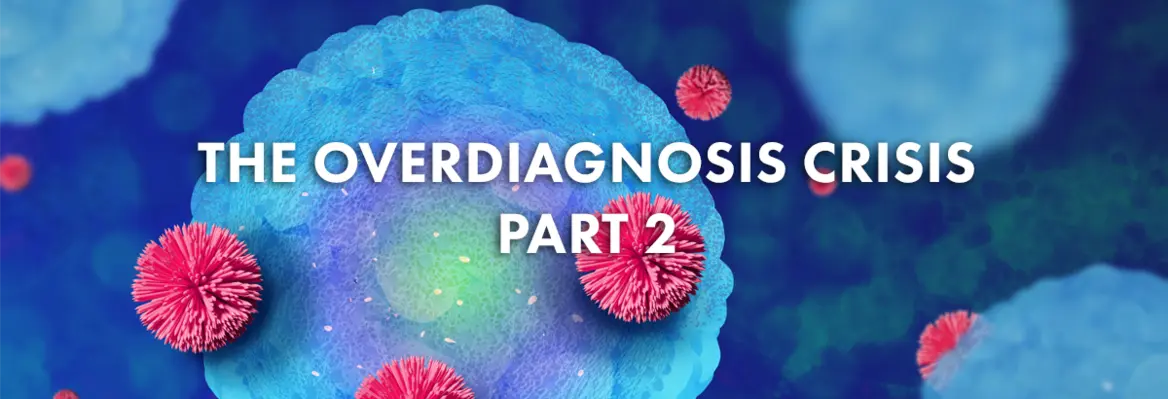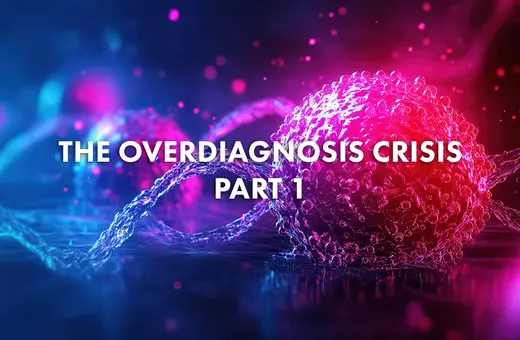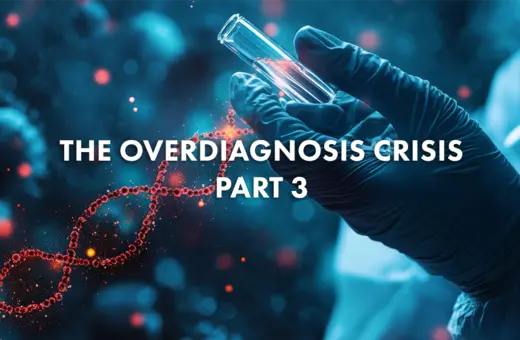This is the second in a series of three articles for the IAI by Dr Welch on screening. Read part 1, “We are overcounting cancer cases by vast amounts”, and part 3, "You can’t test your way to health".
When leading physician and health policy researcher H. Gilbert Welch reviewed 30 years of data from a landmark cancer screening trial, he was stunned: screening hadn’t helped people live longer. Not even a bit. In this article, Welch delves deep into the data to show that vested interests seriously overplay cancer screening’s benefits, while its harms are real and too often ignored. Rather than saving lives, it’s more likely to draw healthy people into unnecessary medical interventions. The massive amounts of money we spend on it would be better spent on improving treatments and healthcare for those who really are unwell.
Does cancer screening help us live longer, or live better? A 30-year follow up of one of the most influential trials of cancer screening—a trial that was a central reason for starting colorectal cancer screening in the US in the 1990s—produced a stunning result. Screening hadn’t helped people live longer. Not even a little bit.
The trial involved 50,000 individuals aged 50–80, who were randomly sorted into one of three groups: annual screening, biennial screening, and no screening (the control group). The results, 30 years on, are summarized in two graphs.

Adapted from Shaukat A, Mongin SJ, Geisser MS, et al. “Long-term mortality after screening for colorectal cancer.” N Engl J Med. 2013; 369(12):1106–1114, with permission from the Massachusetts Medical Society.
The first shows the chance of colorectal cancer death over time. Note that in all groups, screened and not screened, people continued to die from colorectal cancer. That’s because screening can’t help with the fastest growing, most aggressive cancers (what I called the “birds” that have already escaped the barnyard in the previous article in this series). But the curves for the screened groups rise more slowly than the curve of those not screened. At the end of 30 years, 2% of those screened annually had died of colorectal cancer, whereas 3% of those not screened had died of colorectal cancer (with biennial in-between). In other words, annual screening reduced the rate of death from colorectal cancer by 1 percentage point—or a 33% reduction.

Adapted from Shaukat A, Mongin SJ, Geisser MS, et al. “Long-term mortality after screening for colorectal cancer.” N Engl J Med. 2013; 369(12):1106–1114, with permission from the Massachusetts Medical Society.
The second graph contains the result that stunned me when I first saw it a decade ago. It depicts the proportion of the trial group who died for any reason (including colorectal cancer)—that is, the overall mortality. You might be surprised by how common death is, but recall the participants would have been between age 80 and 110 by the end of the study. The stunning finding is that the three curves are right on top of each other; in fact, it looks like one curve. That means the overall rate of death was exactly the same in each year. At the end of 30 years, every curve ends at 71%. People who were screened had the same overall chance of death as people who were not screened at every point in time.
___
Screening’s effect on longevity is either nonexistent or so small that it is not evident in 50,000 people followed for 30 years.
___






















Join the conversation